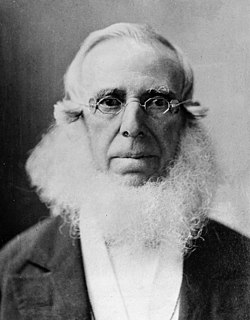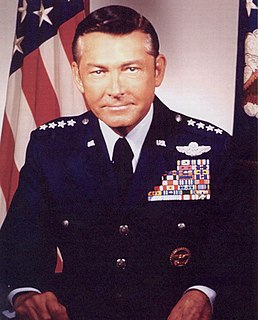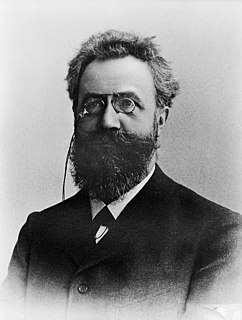A Quote by Francis Bacon
Because the acts or events of true history have not that magnitude which satisfieth the mind of man, poesy feigneth acts and events greater and more heroical.
Related Quotes
A thought has no size in the physical sense but is vast as compared to the physical acts and objects into which it is later precipitated. The power of a thought is enormous and superior to all the successive physical acts, objects, and events that body forth its energy. A thought often endures for a time much greater than the whole life of the man who thought it.
Malicious acts are performed by people for personal gain … Sorcerers, though, have an ulterior purpose for their acts, which has nothing to do with personal gain. The fact that they enjoy their acts does not count as gain. Rather, it is a condition of their character. The average man acts only if there is a chance for profit. Warriors say they act not for profit but for the spirit.
Many people believe that decentralization means loss of control. That's simply not true. You can improve control if you look at control as the control of events and not people. Then, the more people you have controlling events - the more people you have that care about controlling the events, the more people you have proactively working to create favorable events - the more control you have within the organization, by definition.
According to the technical language of old writers, a thing and its qualities are described as subject and attributes; and thus a man's faculties and acts are attributes of which he is the subject. The mind is the subject in which ideas inhere. Moreover, the man's faculties and acts are employed upon external objects; and from objects all his sensations arise. Hence the part of a man's knowledge which belongs to his own mind, is subjective: that which flows in upon him from the world external to him, is objective.










































